Views: 20
Benefits Of Eating Green Beans: Nutrition & Health Boost
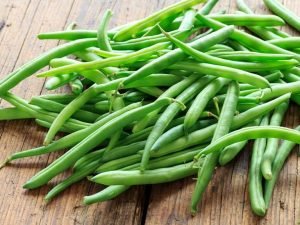
Nutrition:
Consuming fruits and vegetables of all kinds can help reduce the risk of many adverse health conditions. That’s where green beans come in.
Many studies have suggested that including more plant foods, such as green beans, in the diet decreases the risk of obesity, diabetes, heart disease, and overall mortality.
Consumption of fruit and vegetables also promotes a healthy complexion, increased energy, and overall lower weight.
According to the United States Department of Agriculture (USDA) National Nutrient Database, one standard cup of canned snap beans (about 150 grams)
contains:
28 calories
0.55 grams (g) of fat
5.66 g of carbohydrate
2.6 g of fiber
1.94 g of sugar
1.42 g of protein
In terms of nutrients, it contains:
17 milligrams (mg) of calcium
1.2 mg of iron
18 mg magnesium
30 mg of phosphorus
130 mg potassium
24 micrograms (mcg) of vitamin A
52.5 mcg of vitamin K
32 mcg of folate
However, one cup of drained canned snap beans also contains 362 micrograms of sodium. Consumers should rinse canned beans before use.
For the best source of nutrients and lowest sodium, choose fresh or frozen greens beans for cooking.
Green beans also contain folate, thiamin, riboflavin, iron, magnesium, and potassium.
BENEFITS:
The nutrients provided can help reduce the risk of a number of health conditions.
(1) CANCER
Green beans contain a high amount of chlorophyll. This may block the carcinogenic effects of heterocyclic amines that are generated when grilling meats at a high temperature. Individuals who prefer their grilled foods charred should pair them with green vegetables to decrease the risk.
(2) FERTILITY AND PREGNANCY
For women of child-bearing age, consuming more iron from plant sources such as spinach, beans, pumpkin, and green beans appears to promote fertility, according to Harvard Medical School.
Other studies have shown a correlation between a woman’s level of fertility and the level of,
including iron, that she consumes.
Pairing iron-rich foods with vitamin C-rich foods like tomatoes, bell peppers, or berries can improve iron absorption.
Adequate folic acid intake is also needed during pregnancy, to protect the fetus against neural tube defects. One cup of green beans provides approximately 10 percent of daily folic acid needs and 6 percent of iron.
(3) DEPRESSION
Meeting daily folate needs may also help with depression. Adequate folate consumption can prevent an excess of homocysteine in the body.
Too much homocysteine can stop blood and other nutrients from reaching the brain, and it can interfere with the production of the feel-good hormones
serotonin, dopamine, and norepinephrine, which regulate mood, sleep, and appetite.
(4) BONE HEALTH
A low intake of vitamin K is associated with a higher risk of bone fracture.
Adequate vitamin K consumption improves bone health by modifying bone matrix proteins, improving calcium absorption, and reducing urinary excretion of calcium.
One cup of green beans provides 14.4 micrograms of vitamin K, or almost 20 percent of the daily requirement, 4 percent of a person’s daily need for calcium.
It is important to remember that it is not the individual vitamins, minerals, or
antioxidants alone that make vegetables like green beans such an important part of our diet.
It has been proven that isolating these healthful nutrients in supplement form will not provide the same outcomes.
It is best to consume them as part of a healthy, varied Diet.
(Bishop Dr Chinomso Jude Nwala )

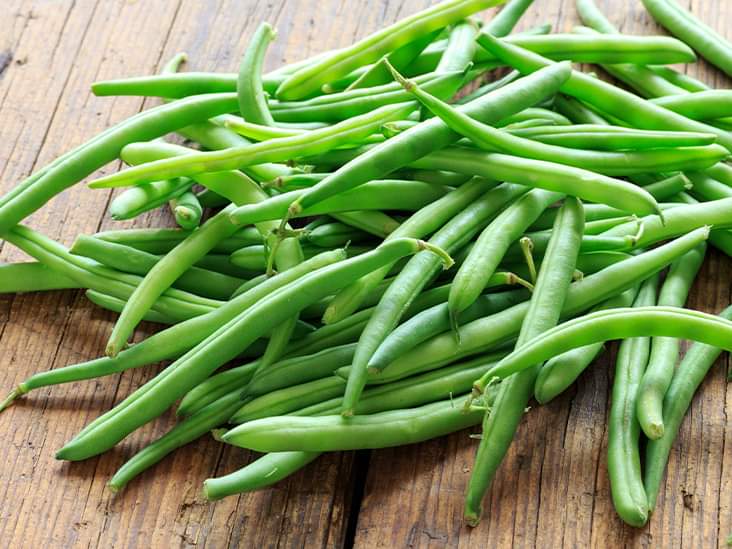
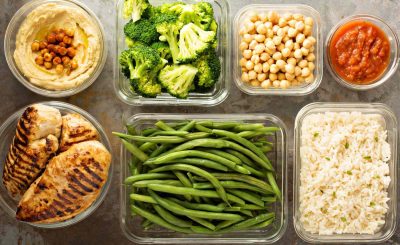
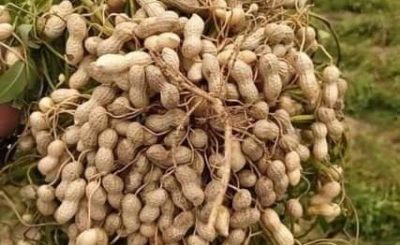

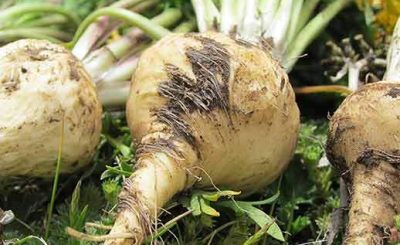


You must be logged in to post a comment.